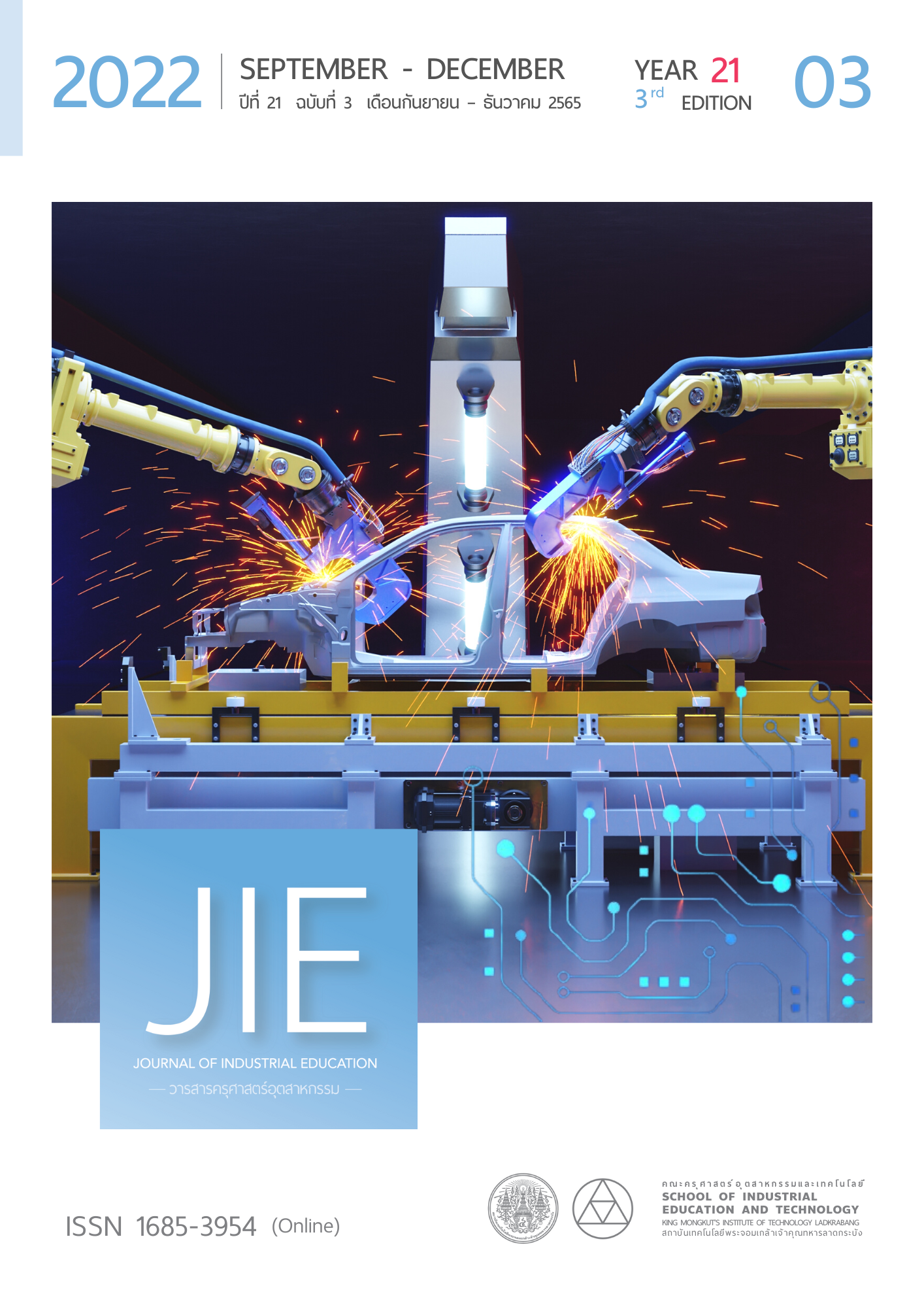ACADEMIC VOCABULARY UNIVERSITY STUDENTS MUST KNOW
Keywords:
Academic words, Lexical bundles, General service list, Academic Word listAbstract
Learning English vocabulary is essential in academic studies. If you don't know the words, you can't communicate. Vocabulary is therefore essential for all university language learners. This article aims to answer the question of what vocabulary university students must know by reviewing previous research on "Academic English vocabulary". The first part of the article traces the meaning of academic words and the background of research in applied linguistics that studied the list of general basic words in English called General service list of English words or GSL by West (1953). It was an attempt to develop effective English language teaching around the world. The second part describes the development and evaluation of an academic word list (AWL), which was compiled from a corpus of 3.5 million running words of written academic text by examining the frequency of words outside the first 2,000 most frequently occurring words of English, as described by West (1953). The AWL contains 570 word families that account for approximately 10.0% of the total words (tokens) in academic texts. The third part shows the results of the analysis of the academic English words with the highest frequency in the academic language archive which was divided into 10 academic word sublists. The final part shows the high frequency lexical bundles important in academic texts with examples so that scholars can remember and apply immediately. Knowledge of these English academic vocabularies will help university students with academic goals to know which words are most worth studying. They can be able to read and write articles as quickly and effectively as a native speaker in a limited amount of time.
References
Vitayapirak, J. (2021). Dictionaries: Science and art. Matichon Press. (in Thai)
Biber, D., Conrad, S., & Reppen, R. (1998). Corpus linguistics: Investigating language structure and use. Cambridge University Press.
Browne, C. (2013). The new general service list: Celebrating 60 years of vocabulary learning. The Language Teacher, 37(4), 13-16.
Byrd, P., & Coxhead, A. (2010). On the other hand: Lexical bundles in academic writing and in the teaching of EAP. University of Sydney Papers in TESOL, 5, 31-64.
Coxhead, A. (1998). An academic word list (English Language Institute Occasional Publication No. 18). Victoria University of Wellington.
Coxhead, A. (2015). Reflecting on Coxhead (2000), “A new academic word list.” TESOL Quarterly, 50(1), 181-185.
Coxhead, A., & Hirsch, D. (2007). A pilot science-specific word list. Revue française de linguistique appliquée, 12(2), 65-78.
Miller, J. (1997). Actions for damages for personal injury in New Zealand. In D. A. Rennie & H. F. Raynai (Eds.), Brookers’ accident compensation in New Zealand (p. Suppl.). Brookers.
Nation, P. (1983). Testing and learning vocabulary. Guidelines, 5(1), 12–25.
Nation, P. (2008). Teaching vocabulary: Strategies and techniques. Heinle, Cengage Learning.
West, M. (1953). A general service list of English words. Longman.
Xue, G., & Nation, P. (1984). A university word list. Language Learning and Communication, 3(2), 215-229.
Victoria University of Wellington. (n.d.). Academic word list headwords (headwords of the academic word list). http://www.victoria.ac.nz/lals/resources/academicwordlist/awl-headwords.
Downloads
Published
How to Cite
Issue
Section
License
Copyright (c) 2022 Journal of Industrial Education

This work is licensed under a Creative Commons Attribution-NonCommercial-NoDerivatives 4.0 International License.
"The opinions and contents including the words in papers are responsibility by the authors."
"ข้อคิดเห็น เนื้อหา รวมทั้งการใช้ภาษาในบทความถือเป็นความรับผิดชอบของผู้เขียน"



